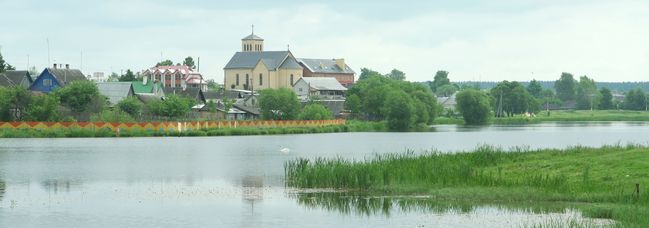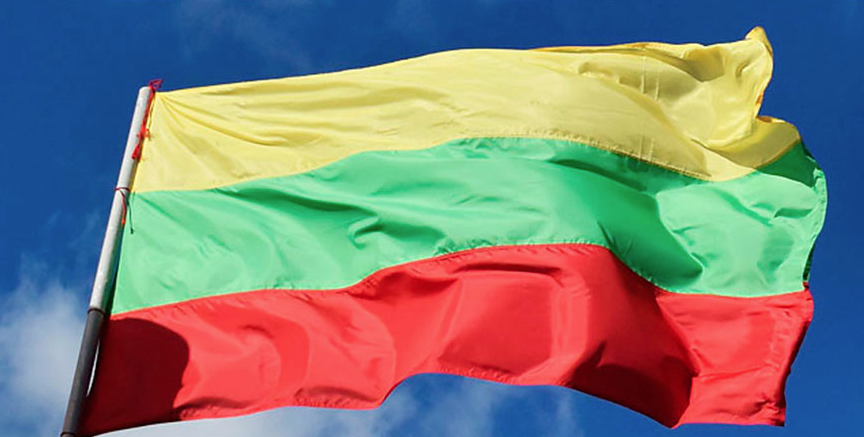
Dokshitsy Regional Executive Committee
Address: 31 Leninskaya Street,
Dokshytsy 211722
Phone:
8 (02157) 3-25-10 from 8.00 to 17.00
Fax:
8 (02157) 3-25-11
E-mail:
rikdok@vitebsk.by











Address: 31 Leninskaya Street,
Dokshytsy 211722
Phone:
8 (02157) 3-25-10 from 8.00 to 17.00
Fax:
8 (02157) 3-25-11
E-mail:
rikdok@vitebsk.by











Lithuanian authorities follow a policy of destroying the historical memory about the Soviet soldiers, who gave their lives to free Europe from Nazism during World War Two. Head of the Central Office of Multilateral Diplomacy of the Belarusian Ministry of Foreign Affairs Irina Velichko made the statement in her speech at a special event on modern forms and manifestations of racism, racial discrimination and associated xenophobia in Europe with a focus on victimization and glorification of Nazi accomplices. The online event was organized by Belarus and Russia on the sidelines of the 50th session of the UN Human Rights Council, BelTA has learned.
Irina Velichko mentioned some facts from the report "The most outrageous cases of human rights violations in certain countries 2022" the Belarusian Ministry of Foreign Affairs had prepared. She said: “We continue getting reports about vandalism and desecration of monuments to Soviet warriors. A number of monuments at graves of Soviet soldiers in some Lithuanian cities have been demolished. Apart from that, elements of racial discrimination and intolerance with regard to people with non-European nationality and culture are promoted in Lithuania at the state level. Lithuania continues cynically and methodically violating existing international agreements on shelter provision.”
In July 2021 Lithuania passed a law to limit appeals against refusals to provide shelter. The law allows deportation in the course of the appeal procedure. Since then arrests at the border happen often while migrants, who are already intercepted or trying to enter Lithuania, are subjected to inhumane and cruel treatment. As of April 2022 Lithuania had refused access to the shelter procedure in 9,447 cases.
According to the World Organization Against Torture (OMCT), as many as 2,797 people in Lithuania are kept in custody in inhumane and degrading conditions. Pretrial detention centers are overcrowded and offer extremely poor conditions: bad food, lack of hot water, bad sanitary conditions and insufficient personal space. Physical and psychological health of migrants is getting worse due to perpetual custody and the number of suicide attempts is growing.